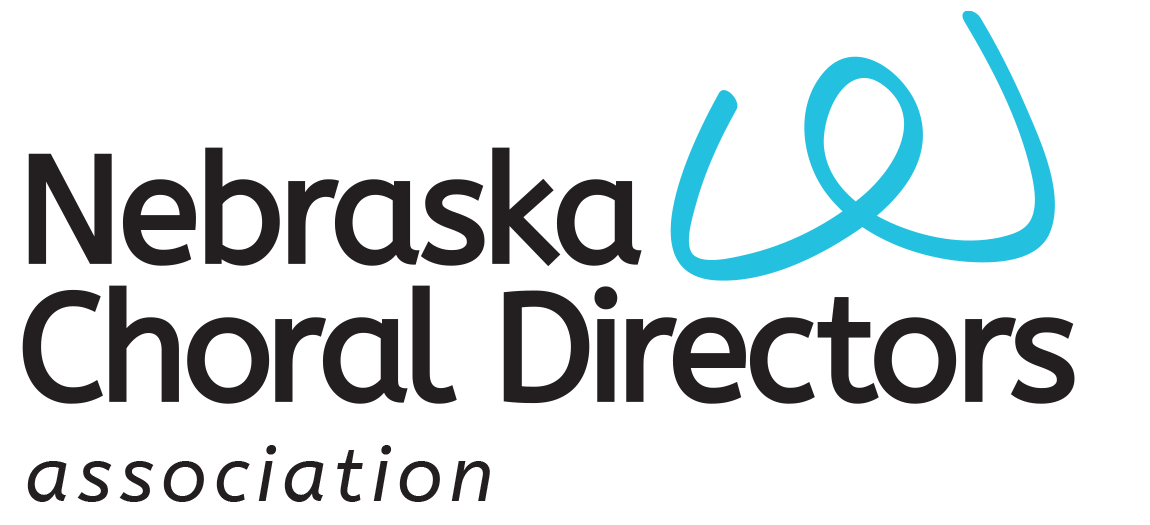This topic has been a normal phrase in my classroom for years. My students know that they will not get answers for any questions that they don’t take the time to ask. They are also very aware that the worst thing that can happen when asking is not getting an answer or hearing a definite no. Even as it relates to their other school work and teachers, I’m always telling my high school singers they shouldn’t be afraid to ask for help, ask for more time, ask for more information – basically just to ask!
This fall I realized that this can relate to our world of choral music as well. For years I have thought I was in the majority of teachers who just invited guests in to clinic my students, but found out recently that may not really be the case. When I started teaching, I was well-aware that I did not know what it was going to take to make my ensembles sing well. I had all the tools, but had no idea where to start. My best resource was a teacher nearing retirement at a school just 20 minutes away. As it turned out, she was able to come visit during her afternoon and could easily sit in on my ensemble rehearsals. This relationship for that first year opened a whole world of possibilities for me.
When I worked at the Catholic HS in Sioux City, I was responsible for planning tours each year for the top choir. Through some lucky phone calls and serendipitous moments, my singers were able to work with some fantastic composers and conductors in their own space. I learned that the worst thing that someone could say was “No, I don’t have the time to work with your choir.” We had delightful experiences with James Mulholland, Josephine Lee and the Chicago Children’s Choir, as well as many collegiate conductors and other professional musicians. Whether it was 30 minutes or 3 hours, my students and I both gained amazing amounts of knowledge, all because I picked up the phone and asked.
Now it has become even easier to give these same experiences to today’s students. In many cases it is even cheaper. Most composers and conductors have a little window of time in their day and are more than happy to work with singers, especially on works that they are directly tied to. Skype rehearsals have become somewhat the norm in my classroom and each one seems to get better. We’ve been able to rehearse with Michael McGlynn with him in his studio in Dublin and us in our choir room in Omaha. We have also had both live and Skype rehearsals with Judith Clurman on both her series of Hebrew music and benefiting from her intimate knowledge of Stephen Schwartz’s Testimony as we prepared it for contest. Broadway actors have also been invited to our musical rehearsals, even forming relationships with some who have been on multiple tours through Omaha. Thanks to Facebook and Twitter, it is even easier for them to reach out to let me know when they will be in town, and to see if they can come out to take a break from their day. I now understand that, if they don’t say no, the worst thing they can say is “it’s going to cost this much…” but the I remember the value of the students receiving that experience and realize that it is probably worth it.
As you work through your year and you are looking for ways to energize your singers or to give them a different perspective, remember, I never hurts to send an email to a composer or a conductor you admire. If you want help, you just have to remember, don’t be afraid to ask.
